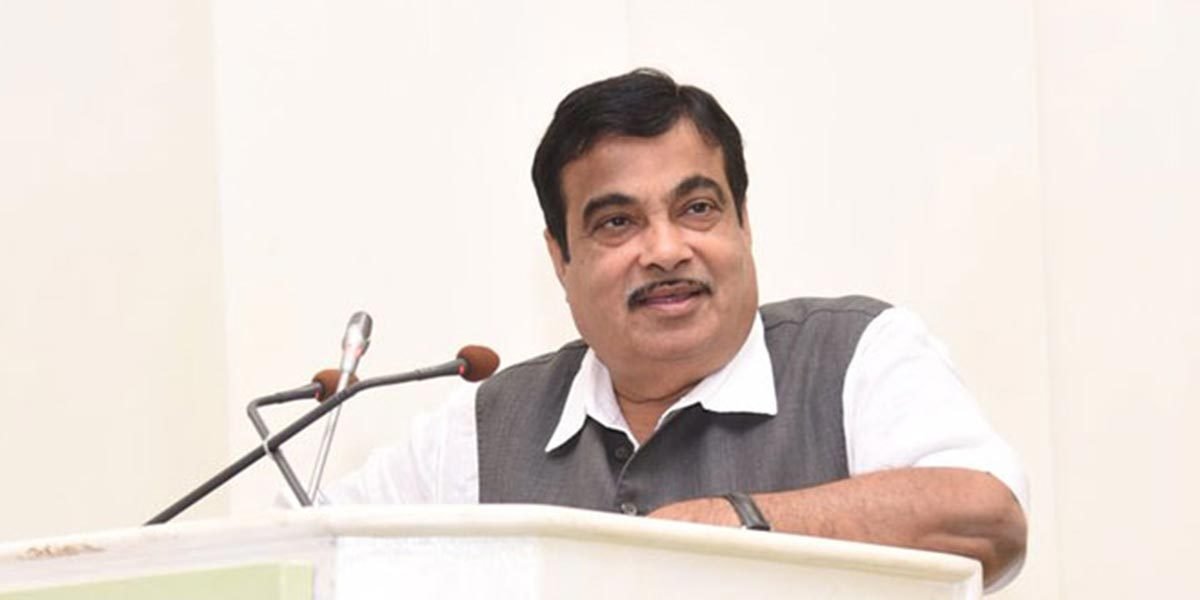According to a researched forecast, approximately 10 million self-driving cars will be ready to ply on the road by 2020 globally, with one in four cars being self-driving by 2030.
Countries such as the Netherlands, Singapore, UK, Germany and the US top the table in terms of supporting autonomous or semi-autonomous vehicles, whereas India ranks 24.
While the apparent reason behind the poor ranking is existing infrastructure and regulatory hurdles, the future of self-driving cars seems to have hit a wall as the government is not encouraging the technology for a different reason.
“Indian government will not support driverless cars in the country,” said Nitin Gadkari, Minister for Road Transport & Highways. He also added that the government would not promote any technology that comes at the cost of jobs.
Self-driving cars run without any human intervention. If the technology scales up, it would cost jobs of millions of drivers in India.
This is not the first time Gadkari had said so. Two years ago, he took the same stand against introducing self-drive cars. According to him, India has 40 lakh drivers, and there is a shortage of 25 lakh drivers.
If the Indian government allows such technology, it will further impact the employment of 1 crore people.
Apart from employment, Gadkari also clarified that India is not ready to implement driverless vehicle technology as it needs a robust infrastructure along with organized driving conditions.
India is far away to adopt autonomous vehicles on the road, given that very few countries have managed to achieve level 2-level 3 autonomy. Achieving level 5 autonomy will take many years from now, even in developed countries.
For the unaware, the Society of Automotive Engineers (SAE) defines 6 levels of driving automation ranging from 0 (fully manual) to 5 (fully autonomous).
Globally, Tesla, Mercedes, Volkswagen, Hyundai, Volvo, Aptiv and others are working behind the self-drive models by leveraging Artificial Intelligence, Machine Learning and Robotics engineering.
India has been lagging behind such innovation, and lack of support from the government could be the possible reason behind it.
According to research by human resources (HR) solutions firm PeopleStrong, India alone will account for around 23% of jobs that will be lost to automation globally by 2021. A strong point for the government to delay such a project that kills jobs.
Introduction of automated vehicles in India is meaningful as it can save lives and reduce injuries that happened majorly due to human errors. However, the government, which is struggling to create employment, seems not to be supporting any emerging tech that decreases human intervention on a large scale.














